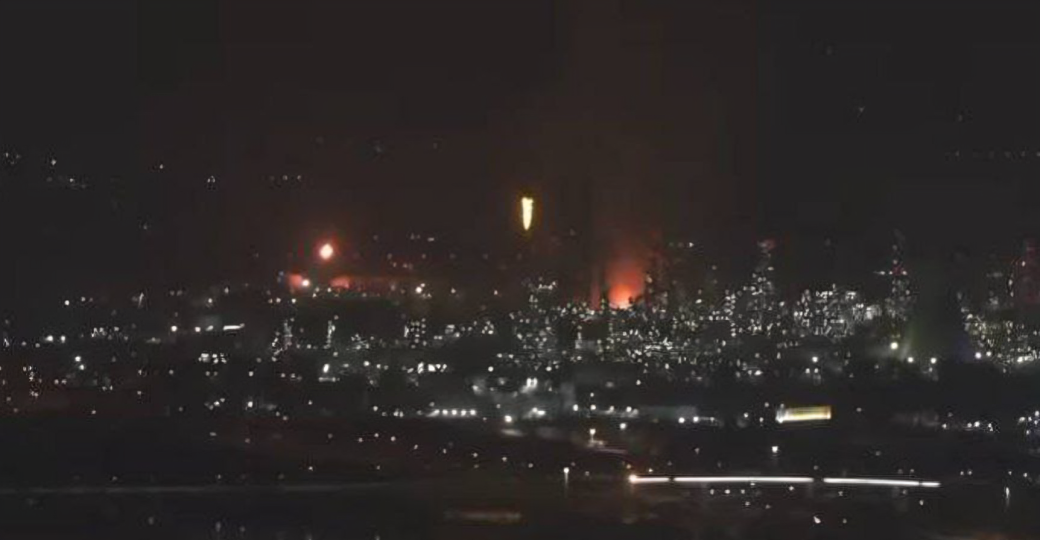In a major escalation of hostilities in the Middle East, Iranian ballistic missiles struck Israel’s Haifa port and an adjacent oil refinery late Saturday night, causing significant disruption to the country’s critical infrastructure. The strike is being seen as a direct response to recent Israeli attacks on Iranian interests, including an airstrike on the Iranian consulate in Damascus.
Haifa port, a strategic maritime gateway that handles more than 30 percent of Israel’s imports, is majority-owned by India’s Adani Ports, which holds a 70 percent stake. The attack has raised alarms in international trade circles, particularly about potential disruptions to global shipping routes and maritime commerce.
This latest attack comes amid a sharp escalation in direct confrontations between Israel and Iran. Over the past few weeks, both nations have engaged in tit-for-tat military actions, resulting in mounting casualties. At least seven Israeli civilians have reportedly been killed and over 200 injured in recent hostilities, further inflaming public fears and regional tensions.
Security analysts warn that the targeting of Haifa could trigger broader repercussions for global energy markets, especially if the conflict disrupts maritime routes or oil supplies in the wider region. The port’s partial foreign ownership and its strategic importance to India and other international stakeholders add a global dimension to the crisis.
As the situation continues to evolve, there are increasing calls from world powers for immediate de-escalation. However, both Tehran and Tel Aviv appear to be weighing their next moves carefully, with military reinforcements and diplomatic consultations underway. The risk of a wider regional conflict remains high.






